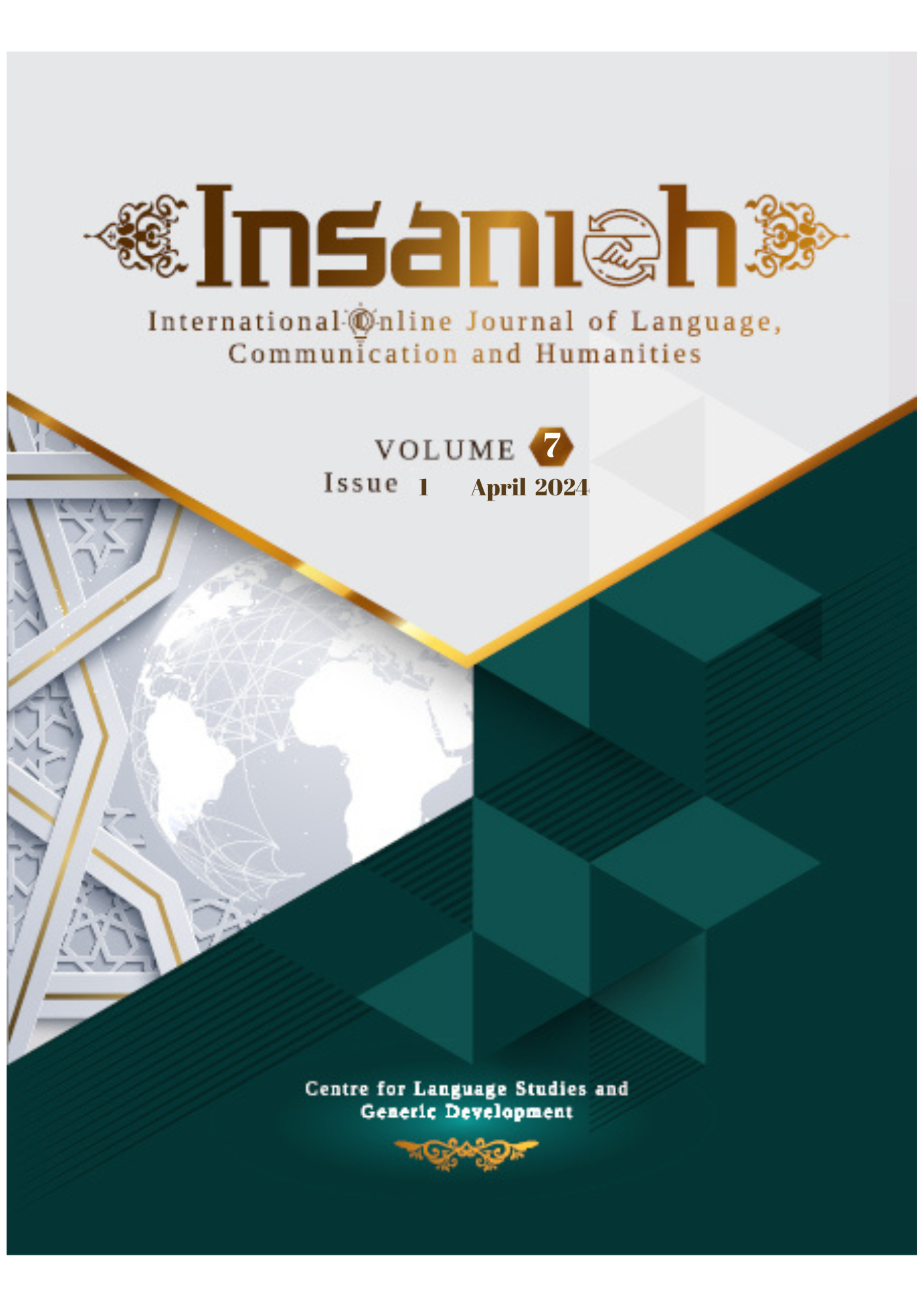Exploring Racial Discrimination in Popular Culture in English Language Classrooms
DOI:
https://doi.org/10.47254/1mz57m70Abstract
Today more and more youths are engaging themselves online and making use of media content such as popular culture for personal development. Popular culture, which is also known as mass culture or pop culture, refers to collection of behaviours, values, and artefacts that are dominant or predominant in a society at a given time. This includes popular music, print, cyber culture, sports, entertainment, leisure, fads, advertising and television. Among the various genres, popular music represents a type of popular culture that has strong appealing power. The death of George Floyd has triggered the Black Lives Matter movement not only in the US but also elsewhere in other parts of the world. The question is, is there any avenue where such an issue can be addressed ‘responsibly’ without silencing others under the pretext of sensitivity? Can language classrooms provide a conducive and safe environment to address this? Therefore, this study has two objectives; first is to establish and evaluate students’ general perception of the Black Lives Matter movement, racial discrimination experiences and interest in pop culture via Google Forms. Next, this paper also wishes to investigate the content of popular music whether they contain relatable and useful materials to address delicate issues like racial discrimination. Beyoncé’s “Black Parade” and Alicia Keys’, “A Perfect Way to Die” song lyrics are chosen for content analysis. Both the statistics and analysis can help one to understand what the respondents think, evaluate the nature, meanings and relationships of certain particular terms, themes, or concepts and design suitable learning activities for meaningful learning experience.




